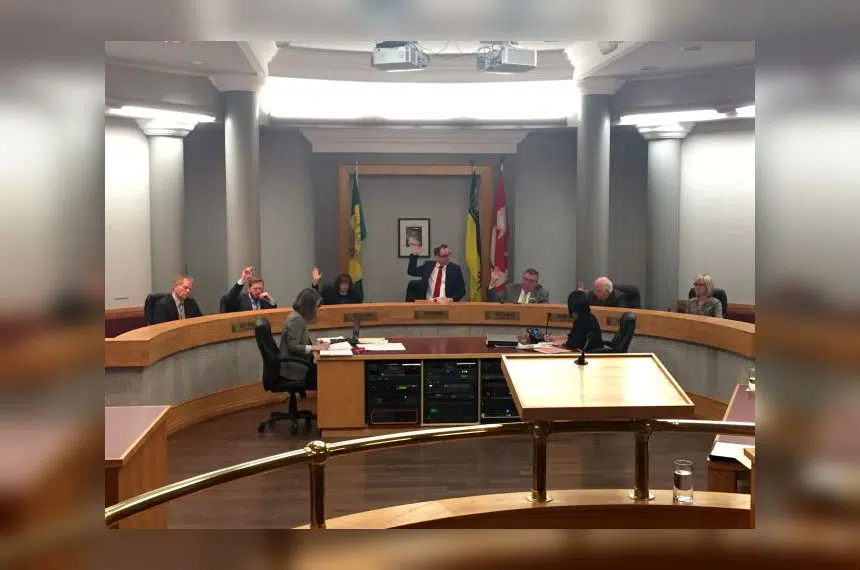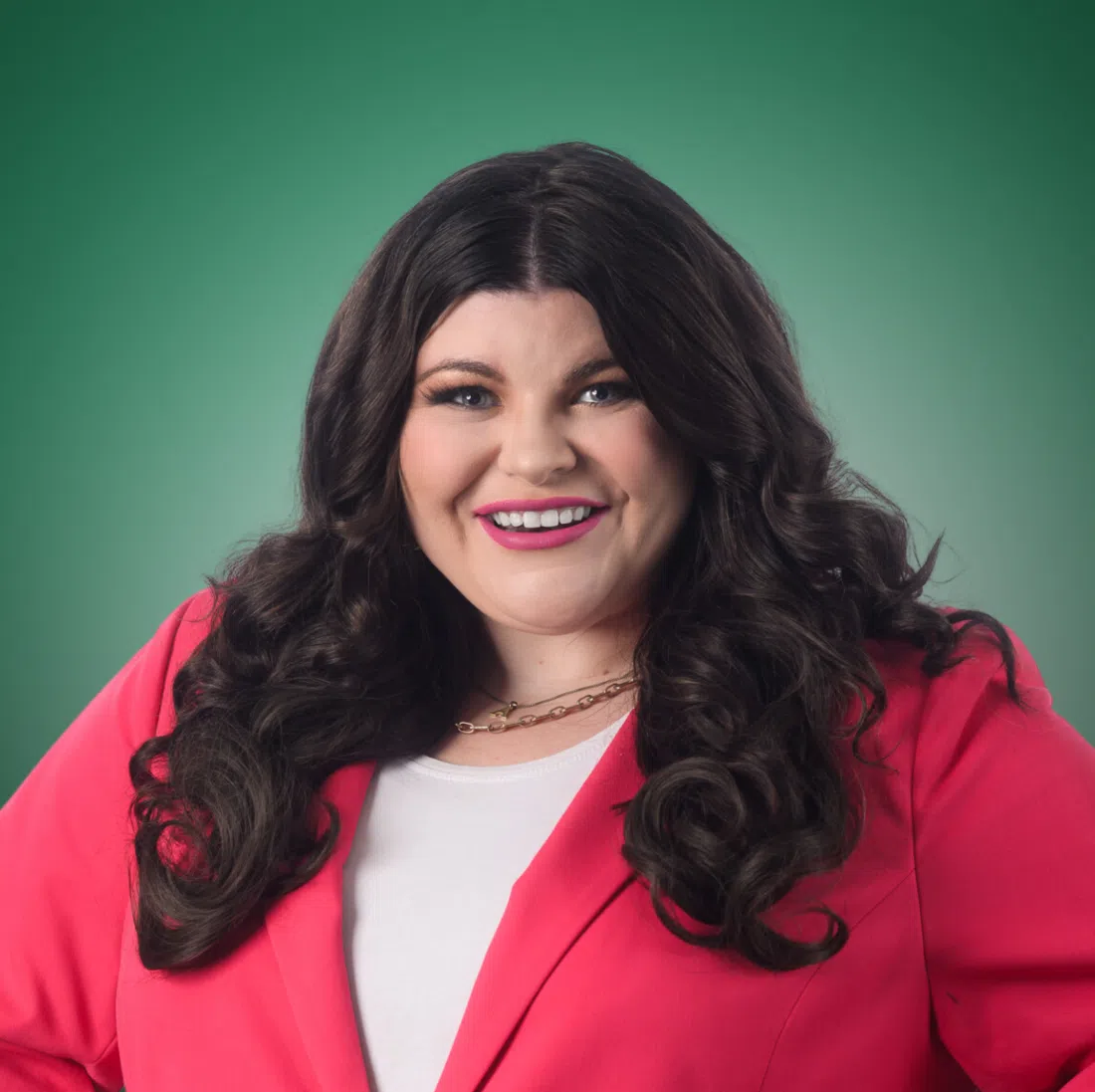With few cuts and several additions, Moose Jaw City gave final approval Monday night to a 6.4 per cent mill rate increase along with a nine per cent water rate increase and a six per cent sewer rate increase for 2018.
The 6.4 per cent mill rate increase means the average home in Moose Jaw will pay around $82 more per year on property taxes. According to city administration, the utility rate increases work out to about $8 per month extra for the average residential user or close to $96 per year.
Saying they are still feeling the impact of last year’s provincial budget, the city started out the budget process stating a need for a 4.05 per cent increase and after adding some key staff to departments it landed at the 5.01 per cent mark back in February. However, when it was also announced that water rates would go up 15 per cent and sewer rates by six per cent there was some outcry in the community as all the increases started to add up.
Rather than approving the budget at the end of February, council sent it back to the administration to find recommended cuts, potential savings or options for decreasing the need for double-digit utility rate increases.
Those options were presented at a special budget meeting last Thursday that was not communicated to the media and ended up going behind closed doors. The result of the meeting was some shuffling of numbers, ending with what was approved this week.
“The newest budget tool for the City of Moose Jaw is a bunch of walnut shells and a dried pea, you just kind of move them around,” commented councillor Brian Swanson before voting against the budget.
“With a property tax increase of 6.4 per cent… coupled with last year’s, the property tax increase over two years will now be 12.64 per cent.”
Swanson argued that the second year of a council’s four year term is supposed to set the tone for the rest of their time at City Hall and all this budget does is set them up for future increases. He suggested the first year on council is for learning but the second year is when you’re supposed to get to work.
City administration presented a status quo budget to councillors back in December and Mayor Fraser Tolmie continues to argue that the last two tax increases are not council’s fault. He says that blame is squarely on the 2017 budget cuts that the Saskatchewan Party government made.
He says out of the 12 per cent that taxes have gone up over the past two years, over eight percentage points of those increases are the direct result of provincial budget decisions.
“The provincial government’s goal is no deficit but the City of Moose Jaw’s mandate is to repair and upgrade failing infrastructure. The province’s goal and the city’s mandate do not line up.”
The mayor added increased pressure on the last two budgets has come from the need to pay for cast iron water main replacement through general taxation due to the Local Improvement Plan (LIP) being defeated in the referendum.
The LIP funding model would have charged property owners directly impacted by the project a portion of the cost but residents rallied against the idea and supported payment through general taxation. It was suggested at the time of the vote that defeating the LIP would result in tax increase of a significant nature.
Future pressures on the budget have Councillor Dawn Luhning questioning the future viability of the city. Balancing the budget this year was not done through significant cuts but through shuffling of funds to cover a shortfall in the budget due to the amount of work that needs to be done, which is a grave concern to Luhning.
“This council has approved a motion to take $1.6 million from the Accumulated Surplus and just over $1 million from the Traffic Safety Initiative Reserve to cover the $2.6 million deficit that we’re in this year.” said Luhning. “That’s pennies in respect to what the deficit is next year and the deficit next year is just over $7.8 million.”
Luhning suggested the need to cover that shortfall could result in another five to nine per cent tax increase for 2019 plus whatever comes as a result of the provincial budget in just under a month.
Premier Scott Moe suggested in his first public appearance that cities and towns will have to tighten their belts as the province faces a cash-strapped budget themselves, suggesting there could be more changes to the amount of funding that communities receive.











